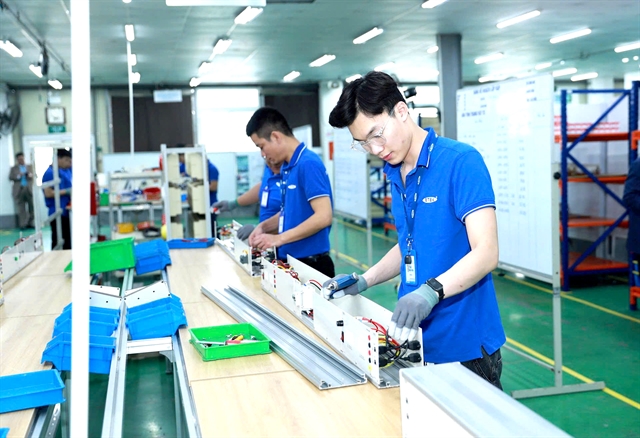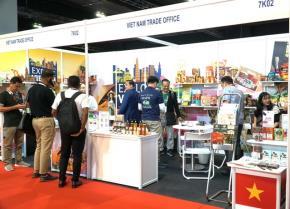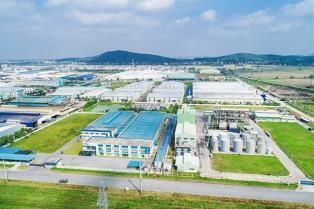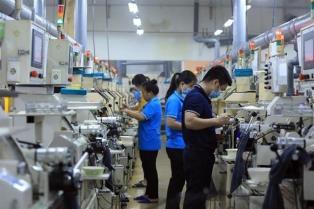To become a true innovation hub, the capital city must develop special incentives to attract and retain leading technology experts, both domestically and internationally.

HÀ NỘI — To meet its ambitious goal of achieving double-digit economic growth, Hà Nội is being urged to implement breakthrough policies that attract more experts and foster a deep transformation in science, technology and innovation.
To become a true innovation hub, the capital city must develop special incentives to attract and retain leading technology experts, both domestically and internationally.
These views were widely shared during the recent online forum held on August 18, where policymakers, scholars, and business leaders came together to discuss the city’s economic future.
Professor Dr Mạc Quốc Anh, vice chairman and general secretary of the Hà Nội Association of Small and Medium Enterprises (SMEs), noted that the capital currently leads the country in start-ups, with over 1,000 companies - about 40 per cent of which operate in the digital technology sector.
"SMEs are the lifeblood of the economy, nurturing the value chain and providing momentum for the city’s GRDP growth," he said.
"Their small scale does not limit them; instead, it gives them the flexibility to pioneer new business models, from green logistics to cross-border e-commerce."
Many of these businesses are also adopting ESG (Environmental, Social, and Governance) standards as part of their growth strategies.
This shift is seen as crucial in helping them align with international standards, particularly as global markets such as the EU implement mechanisms like the Carbon Border Adjustment Mechanism (CBAM).
To support this transformation, Quốc Anh recommended that Hà Nội establish an innovation support fund specifically for SMEs. He argued that the city should move beyond traditional tax incentives and work with international organisations to help connect local businesses to global markets.
While the SME sector demonstrates dynamism, significant gaps remain in Hà Nội's innovation ecosystem - especially in terms of capital and infrastructure.
Lại Hoàng Dương, director of Thánh Gióng Computer Company, emphasised that although Hà Nội benefits from a wealth of high-quality human resources thanks to its universities, the lack of venture capital and funding for training is a major barrier.
“To become a regional innovation leader, Hà Nội must invest in a venture capital ecosystem and establish a robust science and technology fund,” Dương said.
He also proposed the establishment of a central innovation startup hub, which would not only help incubate new research but also act as a magnet for both domestic and international talent.
“If Hà Nội can quickly launch such a centre, it could become a cradle for innovation and a true tech capital not just for Việt Nam, but for the region and the world,” he added.
Fundamentally, innovation hinges on two key elements: technology and human capital. To build a sustainable high-tech enterprise ecosystem, Hà Nội must adopt specific policies that attract leading experts.
Dương suggested several measures, including income tax exemptions or reductions for foreign experts, simplified residency procedures, and greater support for digital talent training.
He further proposed that income earned by researchers at science and technology enterprises should be exempt from personal income tax, helping make Hà Nội a more attractive destination for top-tier professionals.
Such policy reforms, he argued, would offer a major competitive advantage and serve as a foundation for turning Hà Nội into a leading innovation centre in the region. — VNS




